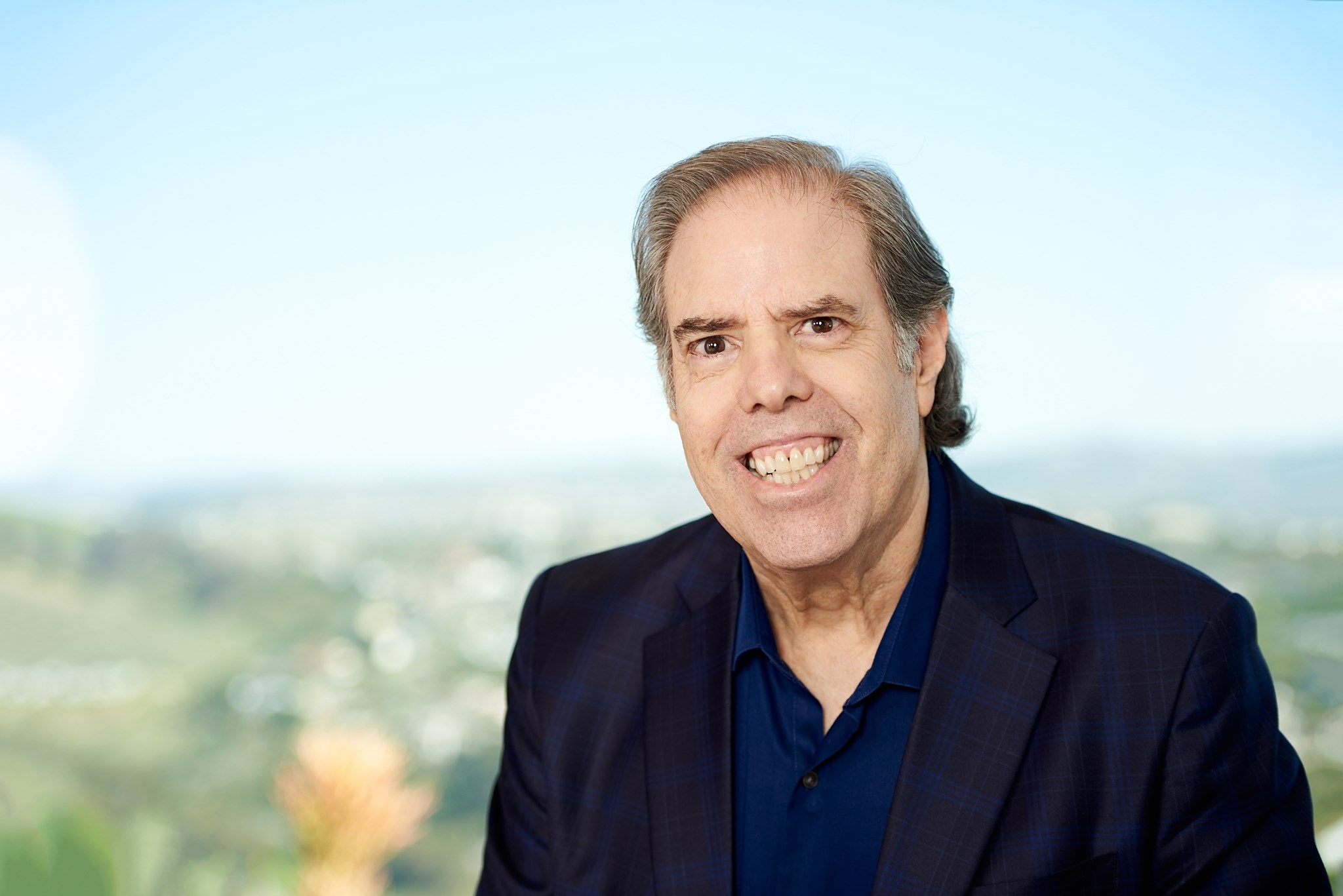During a time when the line between our home and work life is blurring, it’s important to talk about the role of personal development. The work that I do is largely focused on teams — how teams interact, how they execute and how they hold each other accountable. But teamwork is an expression of individuals coming together, and we can’t ignore the importance of individual personal development as it relates to business teams and leaders.
Personal development is not something they teach you in business school — at least, it’s not something I was taught. In our culture, there’s a sometimes unspoken, sometimes explicit divide between business and personal. We see this in our common colloquialisms: “work/life balance,” “don’t mix business with pleasure,” “don’t take work home with you,” “don’t bring your personal life into the office.”
We are expected to live dual lives — one at home and one at work. But this is ludicrous, if not harmful. Compartmentalizing our personal selves with our work selves is possible, but it’s not optimal. We must think of ourselves as whole beings and incorporate our full selves into our work. This includes our growth.
Related Article: What is Self Accountability?
As human beings, we are always changing, growing, learning, having insights and becoming more fleshed-out, authentic versions of ourselves. This is personal development, and while it can be intentional, it’ll usually happen regardless. But it’s to our benefit to make it intentional, and it’s to the benefit of our businesses as well, whether we are leaders or not.
There are many ways in which personal development can support professional development, but here I am highlighting four that are particularly striking.
Increased Compassion
The human experience varies in many ways, but it’s universal as well. When we learn about ourselves, we also learn about our leaders, our employees and our customers. Our growing compassion invariably helps us serve those we interact with in business much better, therefore serving our business outcomes, values, culture and, ultimately, our bottom line.
Decreased Reactivity
We can all get reactive at times, especially when we’re in high-stress environments, asked to do something we don’t want to or don’t know how to do or feeling overwhelmed with too much on our plates. Becoming reactive is normal, but usually not helpful. When we develop ourselves personally, it helps us to become more aware of our thoughts and our habits. Maybe you start to notice that you react every time your boss sends you an email. Or maybe you react when your co-worker doesn’t respond to you in a timely manner.
When we react, we often blame the outside triggering circumstance. But we have no leverage there because we can’t control external events. What we can control is our own reactivity. We might not be able to prevent it, but we can notice it, take a breath and find our center before responding. When we can decrease our own reactivity, we can also help de-escalate the reactivity of our co-workers and direct reports, creating a more pleasant and outcome-focused environment for everyone.
Greater Clarity, Direction And Sense Of Our Own Values
This benefit is especially great for leaders, but of course, is wonderful for everyone. How often do we get into jobs, moving up the corporate ladder, only to find that we’re not exactly sure why or where we’re going? We are all extremely conditioned — by our parents, our peers and society — to strive for certain types of success and accomplishment and to hold certain values. But are these successes, accomplishments and values really ours to strive for?
Personal development can help us become clear about what is really important to us and this can inform how we conduct business interpersonally, how we decide on business goals and priorities and how we move forward as an organization and culture.
Personal Leadership Leads To Organizational Leadership
We are not just employees. We are parents, spouses, partners, neighbors and community members. Regardless of the situation in our personal lives, we have a choice to be leaders or followers, or even worse, victims of our circumstances. This includes the skills of planning, getting organized, teamwork, inclusive communication, transparency and the courage to take action and change when necessary. Leadership also includes the ability to compromise, resolve conflict in a healthy manner and foster an environment of trust and support. Finally, personal leadership requires the generosity of spirit to be of service to others, acknowledge others and express gratitude for the bounty of good fortune that we experience each and every day.
These are all of the same skills required on the job whether we are managers or individual contributors leading our career, our teamwork, our support of others in our organization or others who support our success. Leadership is not a professional or personal skill; it’s an attribute of living a fulfilling life regardless of our situation or circumstance.
Conclusion
While you might be tempted to let personal development take a backseat or to ignore it altogether, I have found that those who embrace personal development as fervently as they embrace professional development find more success, greater fulfillment and a deeper sense of purpose in their careers and their lives.
This article initially appeared as a Forbes Coaches Council post and also appears on the B State Blog.


